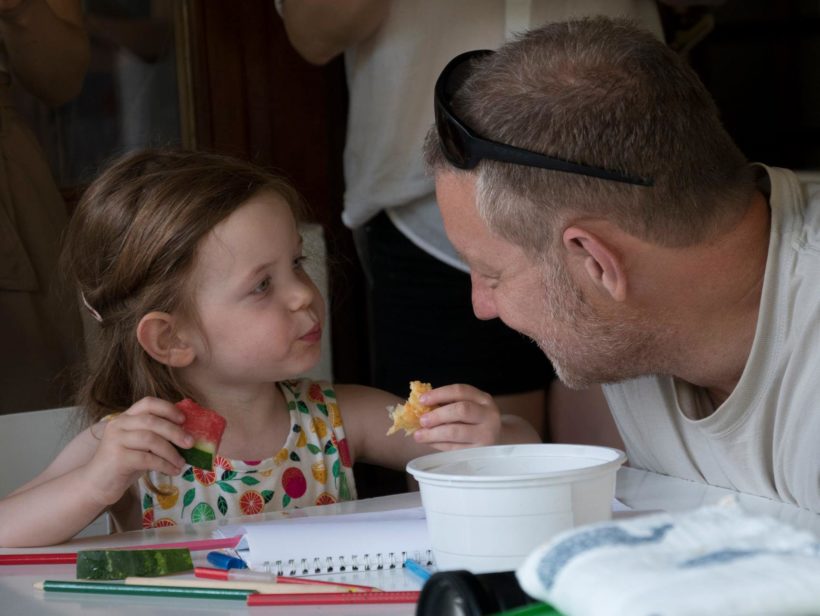In a world where discourse is increasingly distanced from behaviour, the phrase once uttered by Albert Einstein becomes relevant: “Educating by example is not one way of educating, it is the only way”.
Educating and teaching are two words that are often used synonymously, but they are very different. Teaching refers to transmitting knowledge, techniques, behavioural routines….. While educating means training a person in values by developing their creativity, capacity for wonder, curiosity and critical thinking.
Another way of explaining the difference is that teaching teaches the content of what is already known, while educating is the ability to venture into the new, the unknown for individuals.
Modern society has agreed that education is a right and responsibility of the state and can be complemented by private systems. The governing bodies are the ministries of education, which only have the nomenclature of education left. Today it would be more appropriate to call them ministries of education because they prioritise the transmission of content and measure their achievements or failures by the misnamed “quality” through standardised tests that only measure knowledge.
On paper, public education policy in Chile has all the elements of what education really means, but in practice we concentrate on teaching. For example, the regulations contemplate the existence of School Councils for all those schools that receive state funding, but in general they operate as purely administrative bodies to comply with the regulations in force.
If the School Councils were to comply with the spirit in which they were designed, they would be a great contribution to the education of each of the school communities. Moreover, they would be a great practical example for educating students, professionals, education assistants and families in participation, coexistence and well-being.
If our leaders had received citizenship education by example, we would not be facing the lack of dialogue and little capacity for understanding that is being shown in everyday political events. For example, I find it unconscionable that, when the President of the Republic calls for talks with different political sectors, there are those who do not attend and say that they will only attend when their votes are needed in Congress.
With examples such as the one I have mentioned, what can we expect from the generations in formation? The responsibility of leaders is to guide and illuminate the way, always keeping in mind the common good over particular interests.
It is through the example of those who have a public presence that we will be able to build a better society with a better coexistence. No one is humiliated by being a good citizen example. On the contrary, they are exalted, which is why I insist on quoting the phrase with which I began this opinion column: “Educating by example is not one way of educating, it is the only way”.






